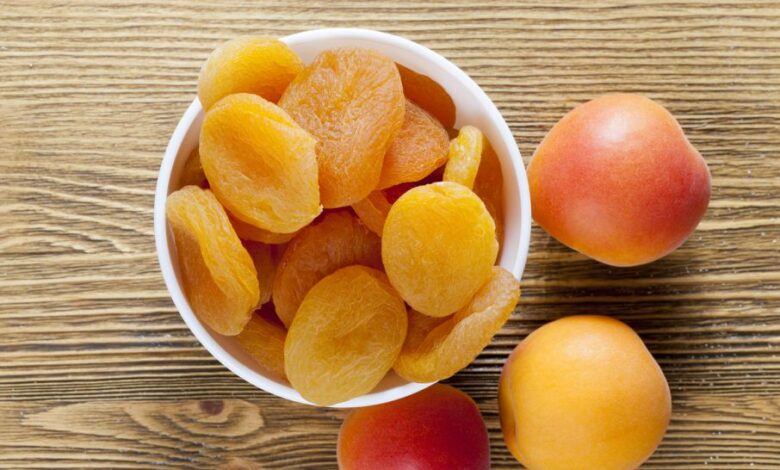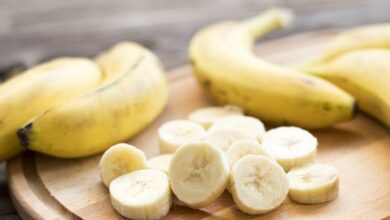Fresh or Dried Apricots – Which is More Beneficial for What?

Apricots have a delicate texture and a vibrant taste. They are high in water content, contributing to their freshness. Apricots are rich in vitamins A and C, fiber, and potassium. They also include antioxidants that help protect the body from oxidative damage.
Due to the drying process, dried apricots have lost their water content. As a result, they have a chewy texture, a rich and sweet taste, and a higher nutrient content per gram.
In 100g of dried apricots, you’ll find:
- 62.64g carbohydrates, 7.3g of which are fiber, and the rest sugars
- 3.39g proteins
- 0.51g fats
- 241 calories
For comparison, in 100g of fresh apricots:
- 11.12g carbohydrates, 2g of which are fiber
- 1.4g proteins
- 0.39g fats
- 48 calories
When comparing the nutritional values of fresh and dried apricots, dried ones would outperform in some aspects. For the same quantity of fresh and dried fruit, the dried version is twice as rich in phosphorus, magnesium, calcium, potassium, iron, copper, vitamin A, vitamin E, vitamin B3, vitamin B5, and vitamin B6.
Dried apricots are high in dietary fiber, beneficial for digestion. Fiber helps regulate bowel movements, prevents constipation, and contributes to overall colon health. They also have a low glycemic index.
Both fresh and dried apricots contain antioxidants like beta-carotene and other phytonutrients. Antioxidants help neutralize harmful free radicals in the body, providing potential protection against chronic diseases.
Dried apricots are a good source of vitamin A, essential for maintaining healthy skin, vision, and immune function.
Potassium is an important mineral for maintaining electrolyte balance, heart health, and regulating blood pressure. Dried apricots contain a significant amount of potassium.
Dried apricots are a source of non-heme iron, a type of iron found in plant-based foods. Iron is crucial for the formation of red blood cells and oxygen transport in the body.
Due to lower water content, dried apricots have higher calorie, carbohydrate, and fiber content per serving. They also contain higher levels of specific vitamins and minerals. Fresh apricots, on the other hand, have more vitamin C, as this component is lost during the drying process.
In conclusion, fresh apricots are praised for their juiciness and freshness, while dried apricots have a longer shelf life, concentrated taste, and higher levels of specific nutrients. Depending on personal preferences and nutritional needs, both types can be consumed and included in a healthy diet. Fresh apricots are more suitable for a low-fat, low-carb, and low-calorie diet, while dried ones are suitable for people who need to monitor the glycemic index of foods and prevent a rapid blood sugar spike.

